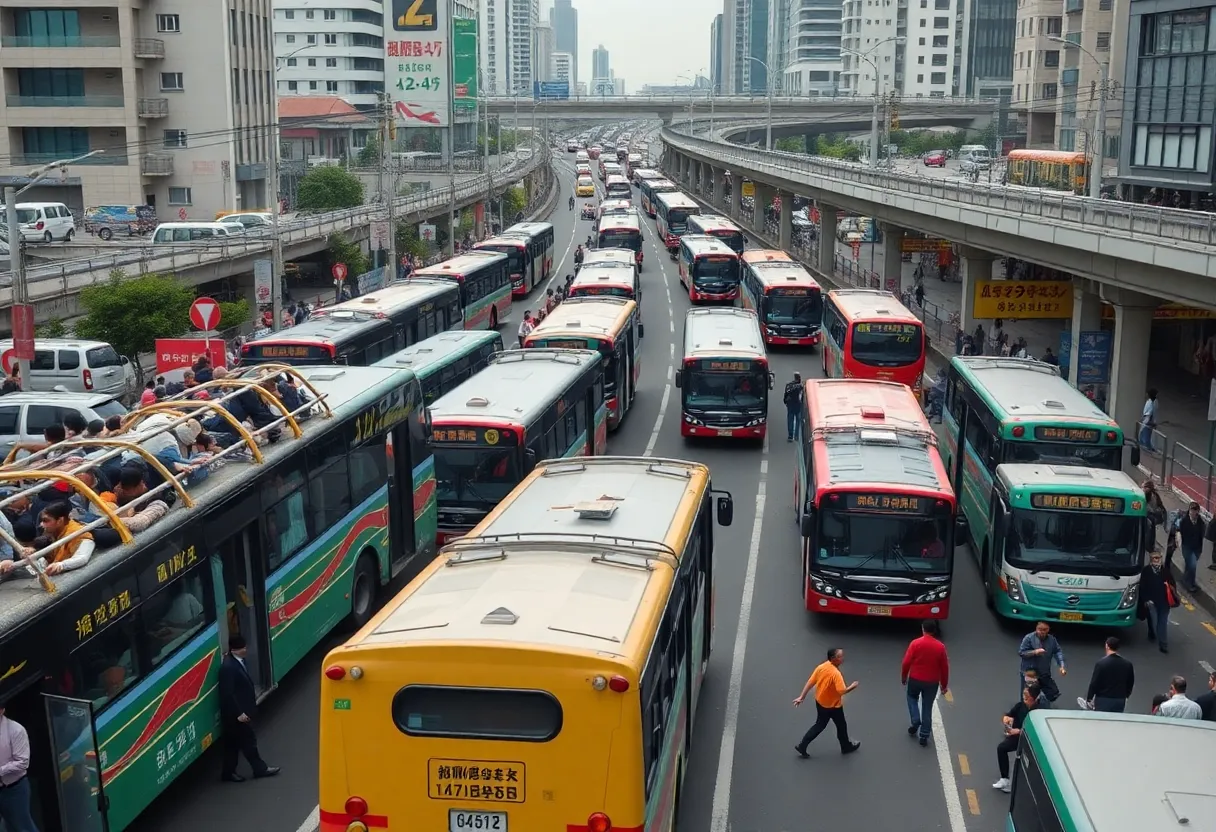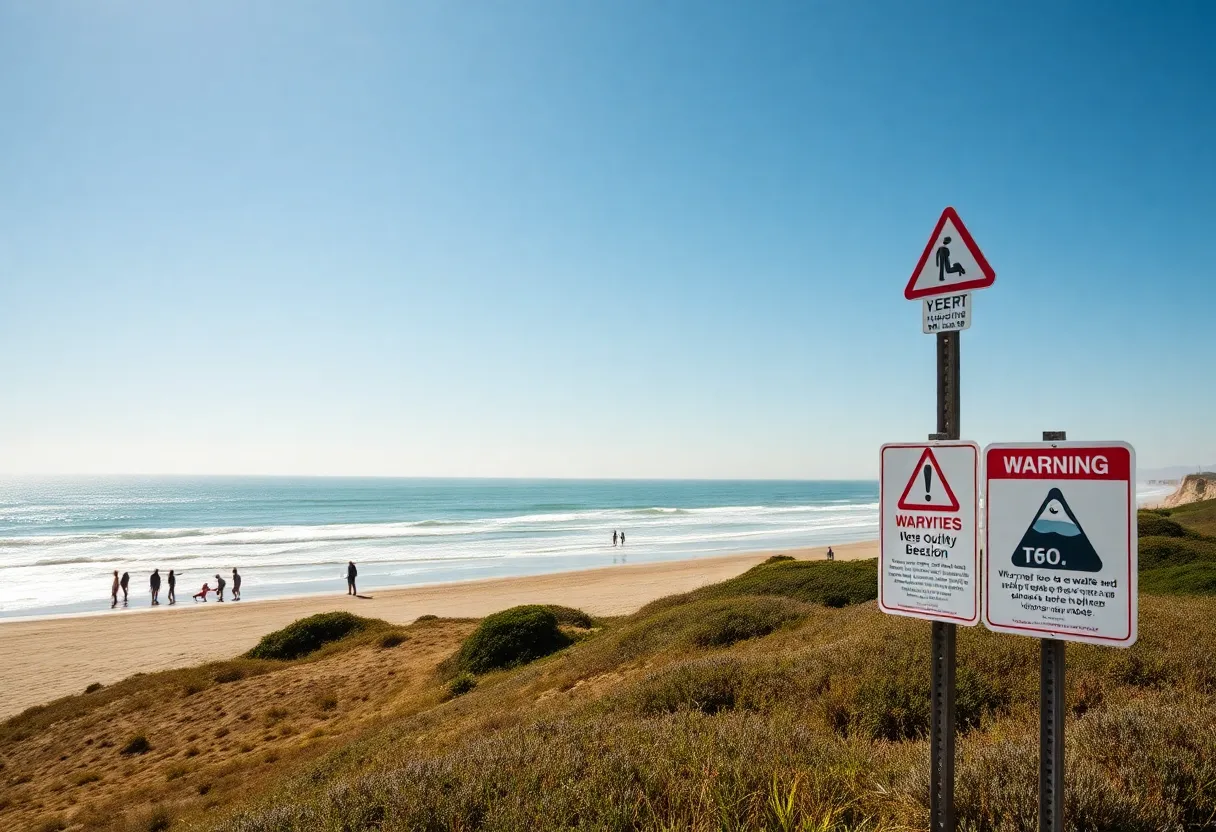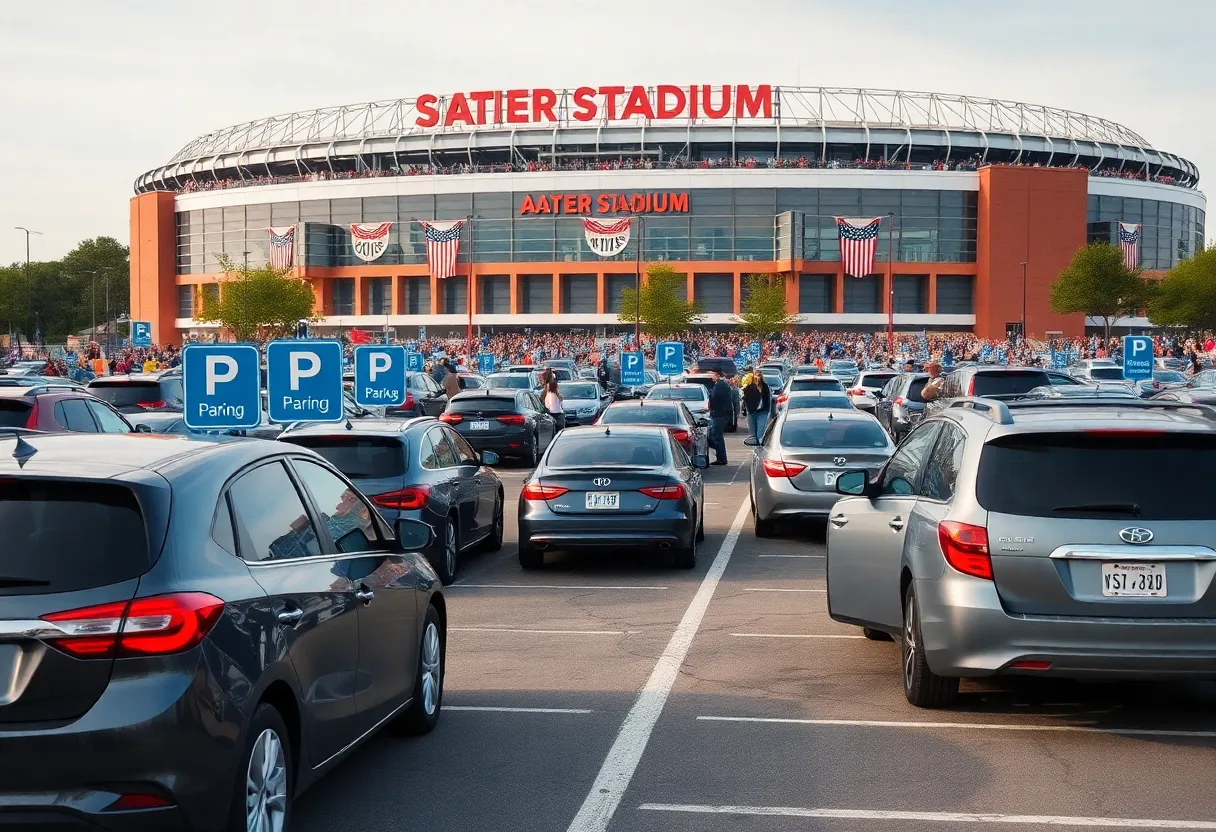News Summary
A new report by Circulate San Diego reveals that bureaucratic complexities are obstructing mass transit projects in California. Despite voter-approved measures, transit initiatives face delays due to cumbersome permitting processes. Lawmakers like Rep. Scott Peters and Sen. Catherine S. Blakespear advocate for reforms to streamline approvals for public transportation projects that are vital for combating living costs and climate issues. Among the findings, case studies illustrate how inefficiencies have stalled essential infrastructure improvements, emphasizing the need for urgent changes to enhance public transit access across the state.
San Diego, California – A new report, titled “The Powerless Brokers: Why California Can’t Build Transit,” created by the nonprofit organization Circulate San Diego, reveals that confusing bureaucracy is a significant barrier to the development of mass transit projects in California. This report highlights that despite voters approving various transit initiatives, including high-speed rail, transit authorities face numerous hurdles in the form of required permits from local governments, state agencies, and utility companies.
According to Circulate San Diego, the current permitting process is excessively convoluted. Even approved projects can get stalled, leading to delays and increased costs. This situation impacts vital infrastructure improvements that are essential not only for transportation but also for addressing broader issues such as climate change and housing shortages.
Rep. Scott Peters underlined the urgent need for reforming the permitting process, stating that simplifying approvals for public transportation projects and constructing homes near transit lines would be advantageous for families and communities. He expressed that enhancing infrastructure investment is crucial to mitigating the high living costs faced by residents.
The report also includes several case studies illustrating how bureaucratic challenges have caused unnecessary delays in transit projects across the state. For example, while reviewing the Mid-Coast Trolley project, the report acknowledged that the San Diego Association of Governments managed the project well, in contrast to other projects that faced significant setbacks due to permitting issues.
Sen. Catherine S. Blakespear emphasized the importance of timely transit project delivery, pointing out the role such developments play in connecting communities and striving toward better air quality. The report suggests several practical reforms aimed at streamlining the permitting process. These include granting transit authorities greater responsibility for their permitting, providing incentives for local governments to simplify their processes, and extending exemptions under the California Environmental Quality Act (CEQA) for certain qualifying transit projects.
Colin Parent, CEO and author of the report, noted that Californians ought to have access to affordable and efficient public transit and has called for legislative changes to make this a reality. He explained how municipalities often grapple with an approval process that involves numerous groups, leading to increased costs and delays in transit development.
The lengthy timeline associated with the Blue Line trolley, which took almost 20 years to complete, serves as a specific example of the challenges faced in transit project development. The report also critiques decades-old environmental laws originally intended to protect infrastructure, asserting that they are now obstructing necessary public transit improvements.
Highlighting the Michigan High-Speed Rail project, which was expected to be completed by 2020 with a budget of $33 billion but has now seen costs soar to an estimated $128 billion with the projected service start date pushed back to 2033, the report indicates that disputes between the rail authority and local officials have further exacerbated delays in the project timeline.
The report not only identifies these issues but also offers recommendations for reform that include better third-party approval models, potentially modeled after successful permitting systems in Quebec and Ontario. Additionally, a proposed bill by Sen. Scott Wiener seeks to impose deadlines on these third-party approvals to help expedite the permitting process for various transit projects.
In conclusion, the report stresses that existing environmental standards, although important, have introduced new complications that hinder the development of essential public transit infrastructure in California. The findings call for urgent action to reassess the state’s approach to building much-needed transportation systems.
Deeper Dive: News & Info About This Topic
HERE Resources
Tesla’s Robotaxi Launch in California Faces Regulatory Hurdles
San Diego Implements Cap on Accessory Dwelling Units
San Diego Schools to Expand Electric Bus Fleet
San Diego Joins Nationwide Lawsuit Over Federal Grant Funding
Major Traffic Disruptions in San Diego Due to Sludge Spill
San Diego Secures $10 Million for Streamview Drive Revitalization
San Diego City Council Caps Backyard Apartments to Tackle Overdevelopment
San Diego Students Advocate for Climate Change Legislation
Runway Reopens Early at Newark Liberty International Airport
California Faces Senate Vote on Emissions Standards
Additional Resources
- NBC San Diego: California Getting in Its Own Way When It Comes to Building Mass Transit
- Google Search: California Mass Transit Obstacles
- 10 News: San Diego Nonprofit Report Highlights Obstacles for California Mass Transit Projects
- Wikipedia: Public Transport in California
- Los Angeles Times: How Permitting Requirements Slow Down California Transit Projects
- Encyclopedia Britannica: Public Transport
- San Diego Union Tribune: Report of Suspicious Device Shuts Down Encinitas Transit Center
- Google News: California Transit Reform

Author: STAFF HERE SAN DIEGO WRITER
SAN DIEGO STAFF WRITER The SAN DIEGO STAFF WRITER represents the experienced team at HERESanDiego.com, your go-to source for actionable local news and information in San Diego, San Diego County, and beyond. Specializing in "news you can use," we cover essential topics like product reviews for personal and business needs, local business directories, politics, real estate trends, neighborhood insights, and state news affecting the area—with deep expertise drawn from years of dedicated reporting and strong community input, including local press releases and business updates. We deliver top reporting on high-value events such as Comic-Con International, San Diego County Fair, and San Diego Pride Festival. Our coverage extends to key organizations like the San Diego Regional Chamber of Commerce and United Way of San Diego County, plus leading businesses in biotechnology, healthcare, and technology that power the local economy such as Qualcomm, Illumina, and Scripps Health. As part of the broader HERE network, including HEREAnaheim.com, HEREBeverlyHills.com, HERECostaMesa.com, HERECoronado.com, HEREHollywood.com, HEREHuntingtonBeach.com, HERELongBeach.com, HERELosAngeles.com, HEREMissionViejo.com, and HERESantaAna.com, we provide comprehensive, credible insights into California's dynamic landscape.






